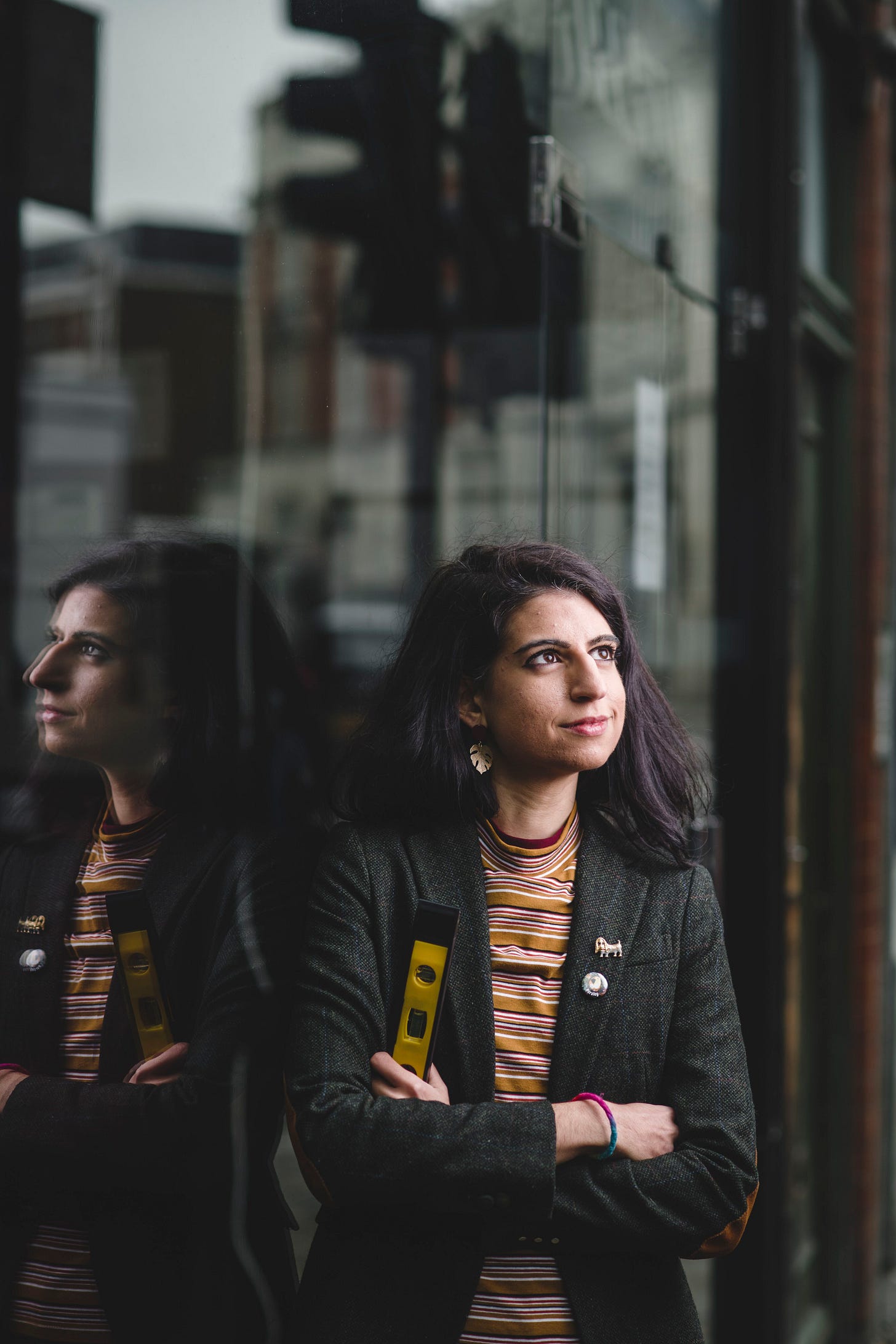Noreen Masud: “Whether or not language contains me, I still exist”
The author on the fundamental impossibility of words, colonial trauma and being outside
Hi, welcome back to Mixed Messages! This week I’m speaking to author Noreen Masud, who is of mixed British and Pakistani heritage. Noreen’s memoir, A Flat Place, explores her love of flat landscapes, wide open plains that mirror her own inner flat place. After experiencing childhood trauma, these environments provide an uneasy solace for Noreen, represe…


